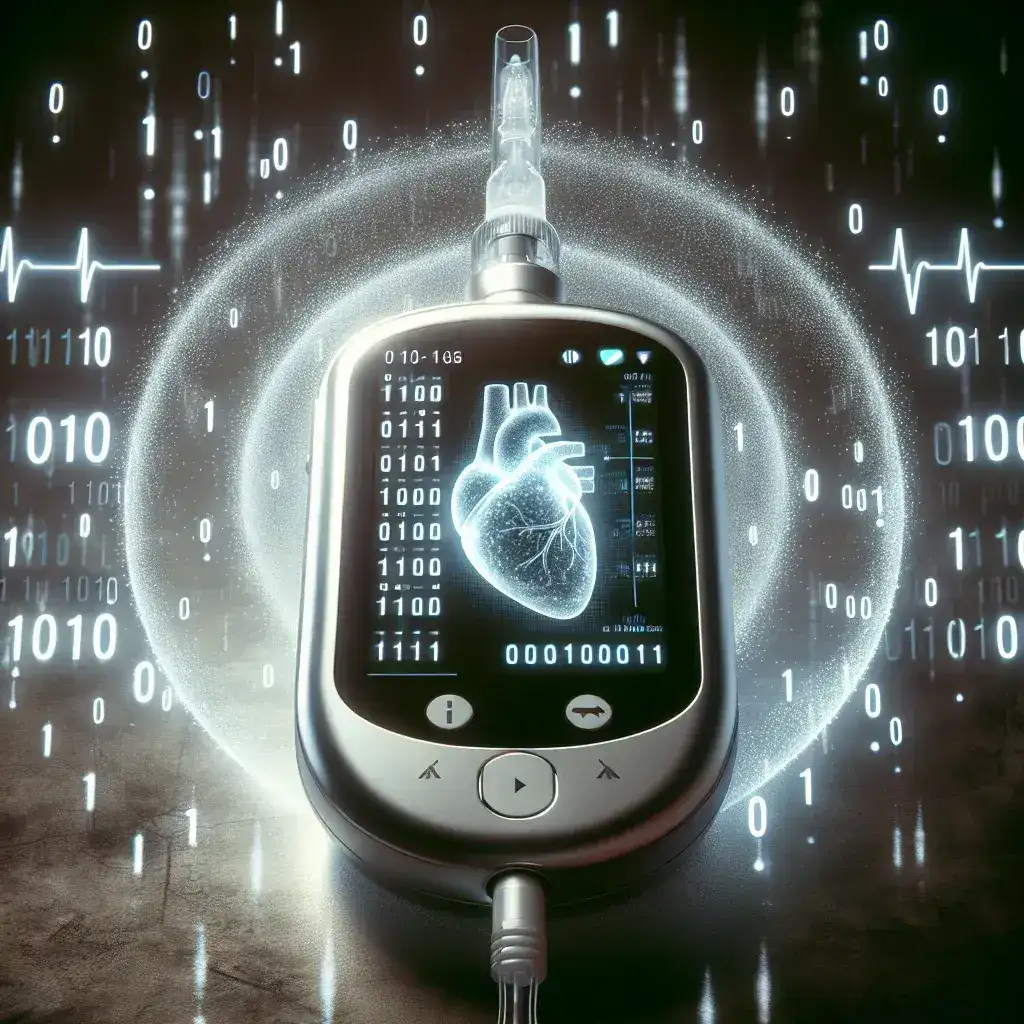Understanding the Ethical Implications of Hacking Medical Devices
Introduction
In the digital age, medical devices such as pacemakers, insulin pumps, and imaging systems have become integral to modern healthcare. While these devices enhance patient care and streamline medical procedures, their increasing connectivity also opens avenues for potential security vulnerabilities. The unauthorized access or manipulation of these devices, commonly referred to as hacking, raises profound ethical concerns that merit careful examination.
Understanding Medical Device Hacking
Hacking medical devices involves unauthorized access to the software or hardware of medical equipment. This can range from altering device functionality to theft of sensitive patient data. As these devices become more networked, the risk of cyberattacks increases, potentially leading to dire consequences for patient safety and privacy.
Potential Risks of Hacking Medical Devices
Patient Safety
One of the most significant risks associated with hacking medical devices is the direct threat to patient safety. For instance, altering the settings of a pacemaker could result in improper heart rhythms, leading to severe health complications or even death.
Data Privacy
Medical devices often store and transmit sensitive patient data, including personal health information. Unauthorized access to this data can lead to privacy violations, identity theft, and misuse of sensitive information.
Healthcare System Integrity
Cyberattacks on medical devices can disrupt healthcare services, leading to delays in treatment, compromised medical procedures, and a loss of trust in healthcare providers.
Ethical Considerations
Autonomy
Respecting patient autonomy involves ensuring that individuals have control over their medical treatment and data. Hacking medical devices undermines this autonomy by altering treatment protocols without patient consent.
Beneficence and Non-Maleficence
Healthcare professionals are bound by the principles of beneficence (doing good) and non-maleficence (avoiding harm). The hacking of medical devices directly contravenes these principles by introducing potential harm to patients.
Justice
Ethical distribution of healthcare resources requires that all patients have equal access to safe and effective medical devices. Cyberattacks can create disparities in patient care, violating the principle of justice.
Privacy and Confidentiality
Maintaining the privacy and confidentiality of patient information is a cornerstone of medical ethics. Hacking medical devices poses significant threats to these values by exposing sensitive data to unauthorized parties.
Case Studies
Insulin Pump Vulnerabilities
Research has shown that certain insulin pumps are susceptible to hacking, allowing malicious actors to alter insulin delivery rates. Such tampering can lead to hypoglycemia or hyperglycemia, posing severe health risks to diabetic patients.
Pacemaker Hacking
There have been instances where pacemakers were hacked to change heart rate settings, potentially causing arrhythmias or cardiac arrest. These cases highlight the critical importance of securing implantable medical devices.
Regulatory and Legal Aspects
Regulatory bodies like the FDA have established guidelines for the cybersecurity of medical devices. However, the rapid advancement of technology often outpaces regulatory measures, necessitating ongoing efforts to enhance device security standards.
Prevention and Safeguards
- Robust Security Protocols: Implementing strong encryption and authentication measures can protect against unauthorized access.
- Regular Updates: Keeping device firmware and software up-to-date is crucial in addressing known vulnerabilities.
- Industry Collaboration: Cooperation between manufacturers, healthcare providers, and cybersecurity experts can lead to more secure device designs.
- Patient Education: Informing patients about the potential risks and safe usage of medical devices can empower them to take proactive measures in safeguarding their health data.
Conclusion
The hacking of medical devices presents complex ethical challenges that intersect technology, healthcare, and moral responsibility. Ensuring the security of these devices is not only a technical imperative but also an ethical obligation to protect patient safety, privacy, and the integrity of the healthcare system. As technology continues to evolve, so too must the strategies and ethical frameworks that govern the use of medical devices.

